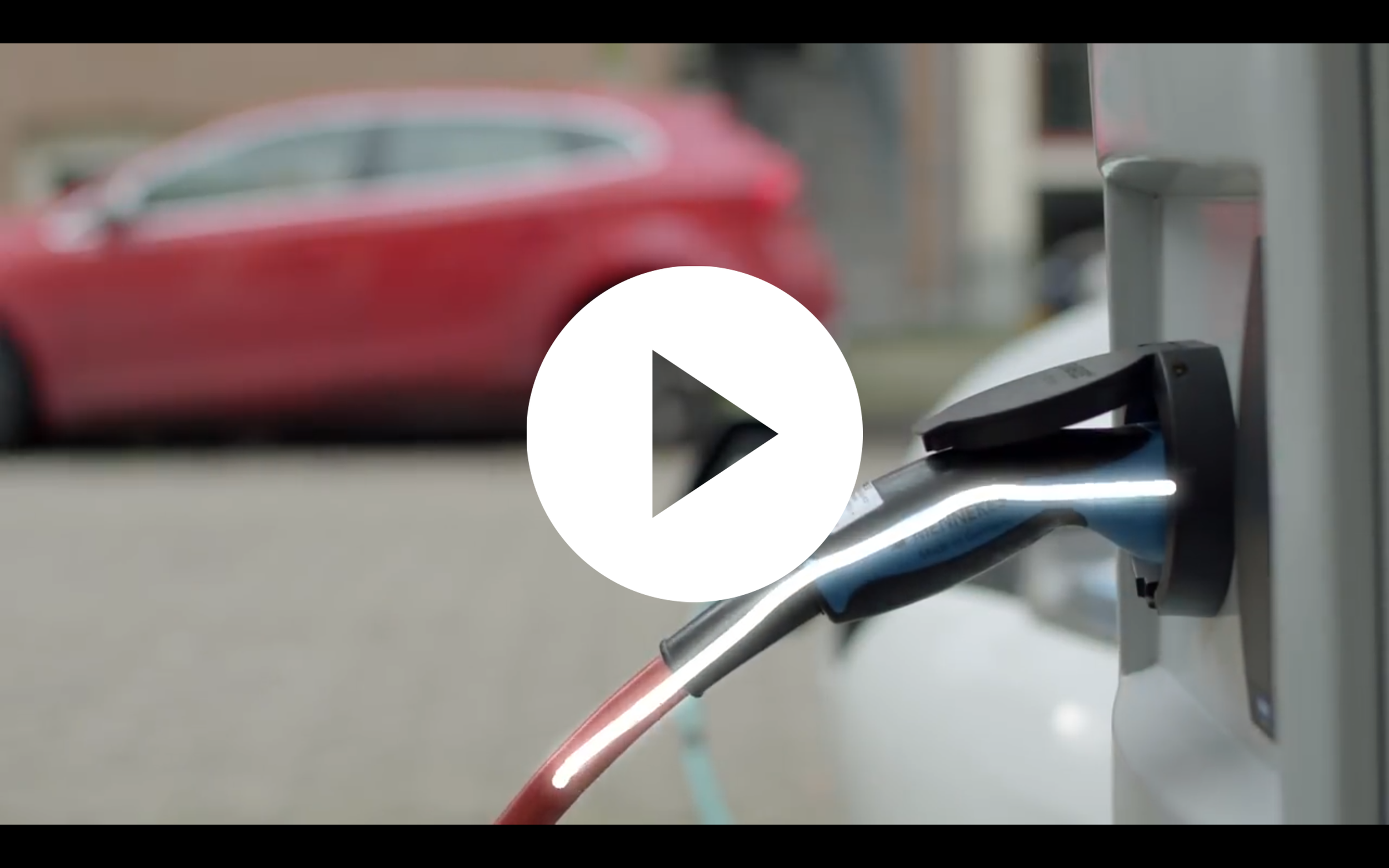
Lebanon’s small size, the concentration of its population and consequently the short average distances driven daily present a strong case for adopting electric cars.
Today the cost of transportation represents an economic and environmental burden. It accounts for 40-50% of Lebanon’s greenhouse gas emissions and costs the country around $2-3 billion in fuel costs annually.
Source: Sustaining Mobility in Lebanon: From Research to Active Lobbying by Pr. Marc Haddad, LAU.
According to a study by Pr. Marc Haddad from the Lebanese American University*, the number of vehicles in Lebanon was around 1.8 million in 2019 and is expected to reach 2.5 million by 2040. The related amount of CO2 emissions will double from 5500 to 10,000 Gg of GHG emissions. This will also affect the country’s fuel energy bill proportionally.
An electric or hybrid based transport strategy, including clean fleets and cleaner public transportation, will represent an important part of the solution. According to McKinsey, electric cars will reach cost parity with combustion engine vehicles by 2023. Their large scale adoption will improve livability in cities (less pollution on site) and the advent of green autonomous vehicles (self driving cars) will substantially change the patterns of mobility.
Yet, the adoption of electrical cars will increase the consumption of electricity and will require an updated grid and the easy availability of charging stations. Our new ‘smart grid’ infrastructure must therefore cater for a sustainable transportation system. By doing so, electric car batteries will offer a huge opportunity to provide key storage capacity and respond to peaks in the demand of electricity.
The pricing structure of electricity must also adapt to encourage charging cars when clean and cheap electricity is mostly available (mainly during the day).
Therefore, a clean transportation policy has become now a critical component in advancing Lebanon’s energy and environmental goals. To reduce Lebanon’s energy bill and CO2 emissions, we must build the infrastructure for mass transit and electricity charging in the next 20 years .





